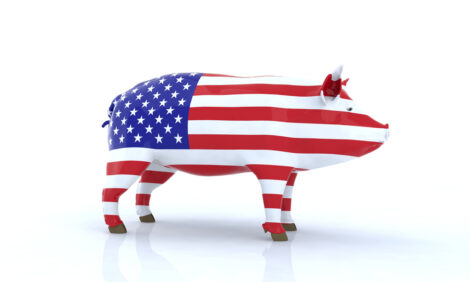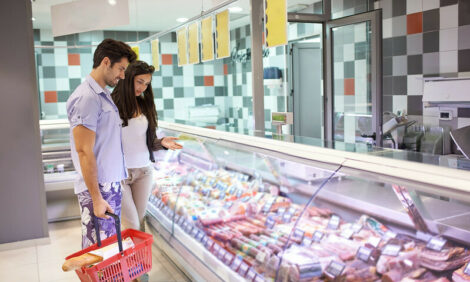



Betagro Looks to Expand Export Sales in Asia
THAILAND - Eastern and southern Asian markets are the new focus for Betagro.Betagro Group, the country's second biggest agribusiness conglomerate, is planning to capture more export markets by focusing on East and South Asia, foreseeing development 'from farm to fork' and technology exports, according to The Nation of Thailand.
Despite a conservative management style, investment and export are part of its vision as it foresees business expansion. It has also identified a need in South Asia, particularly India, Bangladesh and Sri Lanka, for development of farming and processing technology, which matches the company's expertise.
Nopporn Vayuchote, executive vice president for group business development, explained: "The company has a three-year plan for investment abroad, to be implemented from 2011 to 2014. We want to make sure that our export products suit the markets."
The company already exports products to Indochina as well as the Asean region but not yet in a major way.
Mr Nopporn said that the company was considering its overseas investment strategy cautiously, as to whether the best practice should be through joint ventures, partnerships or wholly owned companies.
He said: "The business will focus on exporting knowhow that we have and it will be to our advantage to access those markets in the future," adding that it had developed technology that could increase the local supply of quality meat in those countries that they currently have to import.
Mr Nopporn pointed out that the group had focused its strength not on its competitors but on customer demand to boost business overseas.
The group's business has mainly focused on the domestic market, accounting for 80 per cent of its total sales. However, annual growth of the domestic market is only slight, at 23 per cent, and prices are unstable. Export markets will create extra income, and rising demand for agricultural goods affected by global warming will create export opportunities.
The company's total sales are set to reach 55 billion baht (THB) this year as it sustains annual growth of 10 to 15 per cent, reports The Nation.
Despite the stronger baht, the company has not adjusted its business structure much, as it gains from import of raw materials such as soya meal and its small export ratio.
"We can balance our business against the strengthening baht as our imports are higher than exports now. However, we're more careful on business risk," Mr Nopporn said.
The group also plans to increase pork exports by 20 per cent to 10,000 tonnes next year, making the company the Kingdom's biggest pork exporter. Its main export market is Japan.







